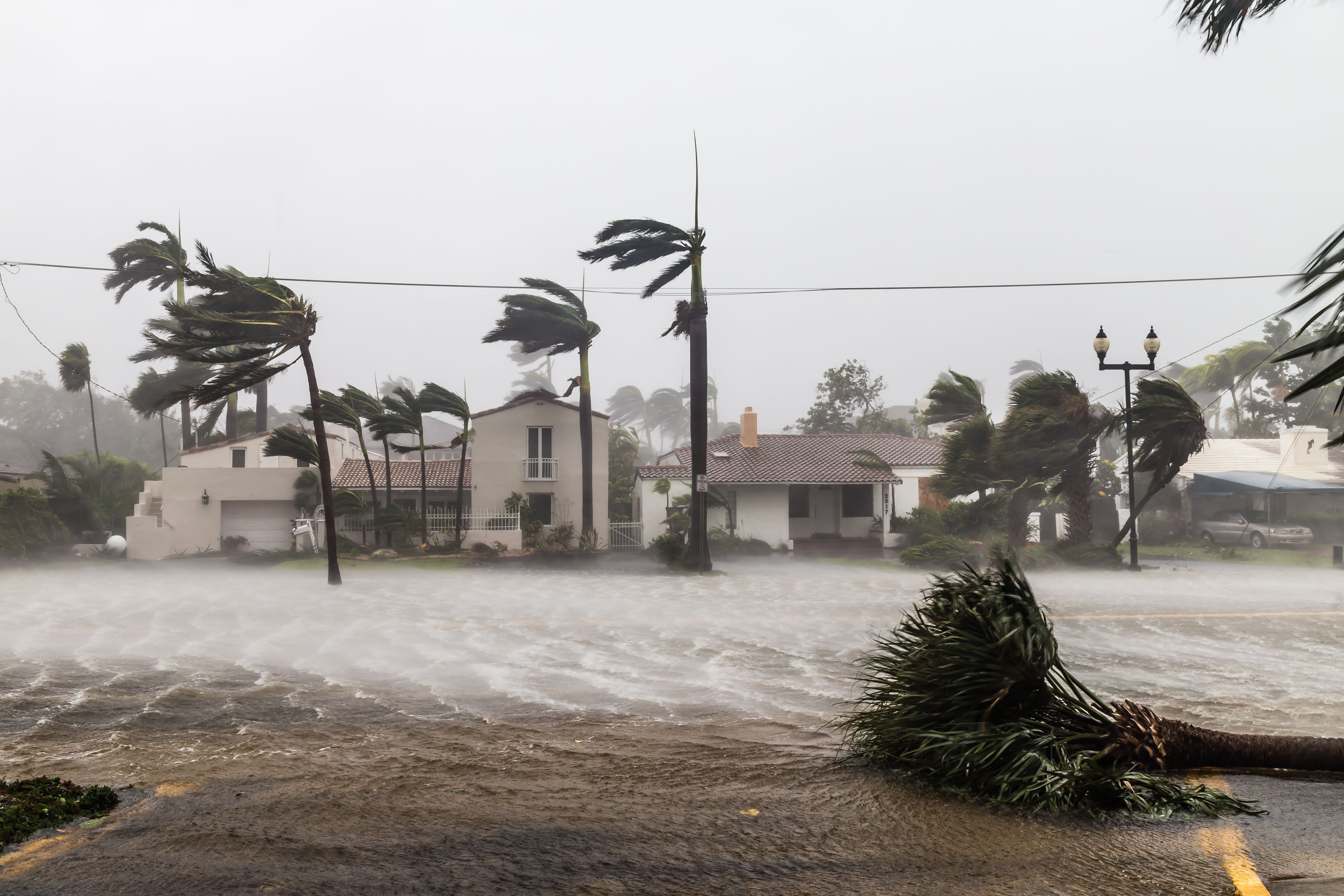- Center on Health Equity & Access
- Clinical
- Health Care Cost
- Health Care Delivery
- Insurance
- Policy
- Technology
- Value-Based Care
Disasters Likely Cause Delays in Early Colorectal Cancer Diagnosis
Findings from a new study reveal how hurricanes and the pandemic disrupted colorectal cancer (CRC) screenings in Puerto Rico, leading to a rise in late-stage diagnoses.
Colorectal cancer (CRC) diagnoses in Puerto Rico dropped significantly during and after Hurricane Irma, Hurricane Maria, and the COVID-19 pandemic, but when the numbers rebounded, they told a troubling story.1
A new interrupted time series (ITS) analysis published in Cancer shows that delayed access to screenings during these crises likely led to a surge in late-stage diagnoses, underscoring the urgent need to strengthen health care infrastructure in disaster-prone regions.2

“These findings suggest that limited health care access during these events may have delayed cancer detection and may have worsened health outcomes,” said co–lead author Tonatiuh Suárez-Ramos, MS, University of Puerto Rico Comprehensive Cancer Center, in a statement. “This issue is especially critical in Puerto Rico, since the health care system already faces important challenges.”
The researchers conducted a secondary data analysis using monthly incidence data from the Puerto Rico Central Cancer Registry, a high-quality, population-based registry that has achieved 95% case completeness since 2010.2 The study focused on first-time CRC diagnoses among Puerto Rico residents from January 1, 2012, to December 31, 2021, identifying 18,537 cases using standard International Classification of Diseases for Oncology (ICD-O) codes while excluding certain histologies and cases with missing data.
After excluding 448 cases without a known diagnosis month, the final cohort included 18,089 patients. For stratified analyses, cases with unknown age or cancer stage were also excluded. Stage at diagnosis was categorized using the Surveillance, Epidemiology, and End Results Program (SEER) summary staging system and grouped into early or late stages. Patients were also categorized into 3 age groups—under 50 years, 50 to 75 years, and 76 years and older—based on recommended CRC screening guidelines.
The analysis revealed a sharp and immediate decline in CRC diagnoses in Puerto Rico following Hurricane Irma, Hurricane Maria, and the onset of COVID-19 lockdown restrictions. In the month the hurricanes struck, there was an estimated drop of 8.3 cases—a 17.5% decrease from expected levels. Although diagnoses began to rise slightly afterward, a second, more pronounced decline of 39.4 cases, a 24.2% decrease, occurred following the COVID-19 lockdown. By the end of the study period, the number of patients diagnosed with early-stage CRC and those within the recommended screening age group of 50 to 75 years remained below expectations.
In contrast, diagnoses among patients with late-stage disease, as well as those younger than 50 years and older than 76 years, exceeded expected levels, suggesting that delayed access to care during these disasters may have contributed to more advanced disease at the time of diagnosis.
The researchers noted some limitations. First, data beyond December 2021 were unavailable, preventing analysis of the full COVID-19 pandemic period. Factors like emigration may also have influenced trends, although the researchers noted that data sharing with US registries helped capture cases diagnosed elsewhere. Additionally, 11% of cases lacked stage data, limiting stratified analyses.
Despite these limitations, the researchers highlighted that this is the first ITS study in Puerto Rico to assess the impact of major disruptions on CRC diagnoses.
“By evaluating the impact of events like hurricanes and the COVID-19 pandemic, we hope to start the conversation about long-term solutions to improve cancer care coordination, reduce health disparities, and ensure continued access to care,” said senior author Karen J. Ortiz-Ortiz, DrPH, associate investigator, Division of Cancer Control and Population Sciences, University of Puerto Rico Comprehensive Cancer Center, in a statement.1 “Ultimately, our goal is to help people live longer, healthier lives by making health care systems more resilient and accessible, even in times of crisis.”
References
1. Do disasters delay early cancer diagnoses? Wiley. News release; April 14, 2025. Accessed April 14, 2025. https://www.eurekalert.org/news-releases/1079837
2. Suárez‐Ramos T, Verganza S, Pagán‐Santana Y, et al. Evaluating the impact of Hurricanes and the COVID‐19 pandemic on colorectal cancer incidence in Puerto Rico: An interrupted time‐series analysis. Cancer. 2025;131(8). doi:10.1002/cncr.35793
